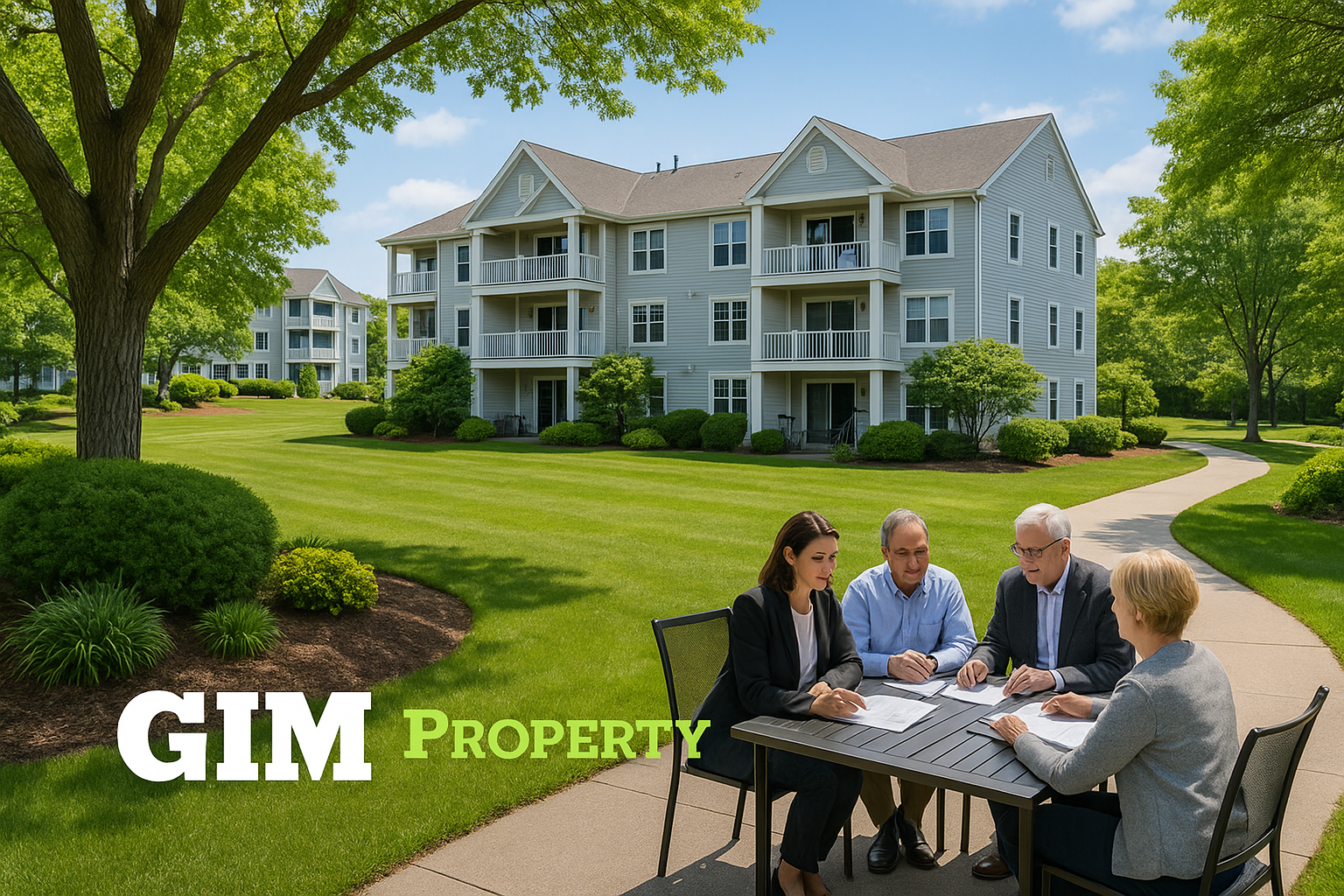Expert HOA Governance Help
Discover effective strategies for HOA board governance in Massachusetts to minimize risks and enhance community living.

Discover effective strategies for HOA board governance in Massachusetts to minimize risks and enhance community living.

Unlock the secrets to effective HOA board governance with GIM Property Management! As a property manager or HOA board member, understanding the intricacies of governance is crucial to minimizing risk and liability. Start by ensuring compliance with local laws and regulations to avoid costly legal disputes. Incorporate regular training sessions for board members to keep them informed and well-equipped to handle governance challenges. Utilize a comprehensive set of policies and procedures to guide decision-making processes, promoting transparency and accountability.
By focusing on these governance best practices, you can mitigate risks and foster a thriving community. Have you implemented any governance strategies that have significantly reduced liability in your HOA? Share your experiences in the comments!
In the realm of property management, effective HOA board governance is the cornerstone of a well-functioning community. It involves overseeing the community's operations and ensuring compliance with state and local regulations. In Massachusetts, this means adhering to specific statutes that govern homeowner associations, thereby reducing the risk of legal complications. Governance is not just about following rules; it’s about creating a structured environment where transparency and accountability are prioritized.
Several key factors contribute to why this can be significant:
Adhering to Massachusetts state laws is essential to avoid legal repercussions and ensure the HOA operates within its legal framework.
Regular training sessions equip board members with the knowledge to make informed decisions, thereby reducing potential governance issues.
Having robust policies in place helps guide decision-making processes, ensuring consistency and fairness in governance.
Engaging with residents builds trust and encourages participation, which is crucial for successful governance.
The age and condition of the property, along with its operational needs, dictate the level of management required. Professional management can streamline processes and alleviate the burden on board members.
Professional management brings the expertise needed to navigate the complexities of HOA governance effectively.
Conduct Regular Audits
Implement Energy Efficiency Measures
Optimize Vendor Contracts
Enhance Communication Channels
Leverage Technology for Maintenance
Engage in Preventive Maintenance
Promote Volunteerism
Review Insurance Policies Annually
Streamline Administrative Processes
Foster Community Partnerships
Need Help Managing Your Budget or Strategy? Contact GIM Property Management today for expert guidance on streamlining your HOA board governance and minimizing liabilities. Our team is equipped to help you manage your community effectively.
Effective HOA board governance in Massachusetts involves a balance of compliance, transparency, and community engagement. By implementing strategic policies, conducting regular training, and leveraging professional management, HOAs can significantly reduce liabilities and operational costs. Transparency and ongoing involvement from both board members and residents are critical to fostering a thriving community.
Request a consultation with GIM Property Management today to enhance your HOA governance strategy and secure a prosperous future for your community.
Contact GIM Property Management for expert advice on HOA governance in Massachusetts.
Contact Us